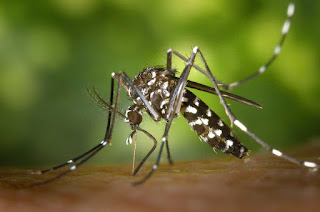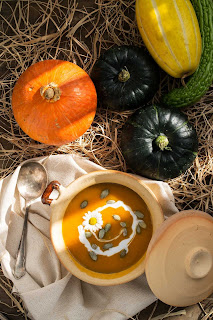“Mosquitoes are the deadliest animals on the planet due to the pathogens they transmit to humans and other animals,” said Chloé Lahondère, an assistant professor of biochemistry in the College of Agriculture and Life Sciences and an affiliate faculty member of the Center for Emerging, Zoonotic, and Arthropod-borne Pathogens in the Fralin Life Sciences Institute.
“Female mosquitoes transmit pathogens while biting a host,” she continued. "Females can also feed on plants, so food sources include blood, nectar, and plant fluids, which differ widely in viscosity and temperature. One of the key objectives of our project is to understand the specific adaptations that allow certain species of female mosquitoes to feed on such a wide range of fluids.”
Lahondère and Clément Vinauger, also an assistant professor in biochemistry in the College of Agriculture and Life Sciences and an affiliate faculty of the Center for Emerging, Zoonotic, and Arthropod-borne Pathogens, will work with Jake Socha, the Samuel Herrick Professor in biomedical engineering and mechanics, and Mark Stremler, professor in biomedical engineering and mechanics in the College of Engineering, to analyze the biomechanical constraints and trade-offs between sugar and blood feeding in mosquitoes, thanks to a $1 million grant from the National Science Foundation.

















.jpg)